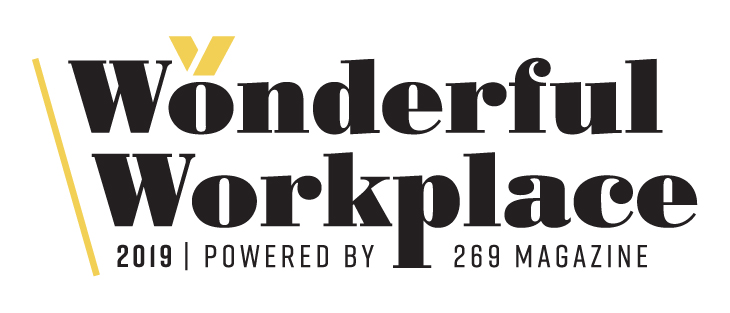In today’s talent market, it’s tough to find good workers – but this is especially true in manufacturing.
According to last quarter’s NAM Manufacturers’ Outlook Survey, finding a qualified workforce continues to be the greatest challenge faced by manufacturers, with 69.9 percent of respondents citing it as the primary challenge they’re facing right now. According to previous NAM surveys, finding qualified workers has proven to be a challenge throughout 2019. In Q1 71.3 percent of respondents cited the inability to find skilled workers as a top challenge, and in Q2 68.8 percent said the same thing. Attracting and retaining a quality workforce is made easier when talent acquisition efforts are supported by a committed staffing partner who is equally as dedicated to providing superior service and results – both for you, and for your workforce too.
The national workforce shortage has led to an increased demand for staffing support. But increased demand shouldn’t mean that you receive any less support from your staffing provider. If you’re experiencing any of these pain points, it’s time to reconsider whether your staffing provider is truly the partner you need:
- Inconsistent performance; different people working on open requisitions means varied results
- General lack of follow-up to internal stakeholders
- Candidates shared with hiring managers are missing basic qualifications and other must-haves
- Lack of innovation or creativity to find resumes from alternative resources – versus mining job boards
- Receiving candidates who have already been considered by human resources and/or hiring managers
What to Look for in a True Staffing Partner
In manufacturing, you are an essential part of an overall supply chain function. Delivering products, therefore, is wildly important – and you need people in order to do it. Staffing providers are in a similar business, delivering resources – i.e. talent based on supply and demand. One main difference, however, is that people are not a commodity – and they shouldn’t be treated as such either. In today’s tight talent market, job seekers have options, and this often puts them in the driver’s seat of the supply/demand story.
When a staffing provider poorly represents themselves in the market and/or to candidates this can be a sign they may not be the best partner for promoting or protecting your employer brand.Instead, here are indicators of a partner designed to deliver talent while contributing to your employer brand and story:
- An Enhanced Employer Brand Experience. As a representative of your brand, your staffing partner
should fully understand your culture, values, employment brand and be prepared to embrace and champion
your name. A true partner will seek ways to enhance your brand by offering innovative ways to build your
talent community, all while never missing a beat when it comes to delivering the people you need – now –
for your open requisitions. A staffing partner can even provide you with tailored recruitment messages,
videos, and other customized content built to deliver great talent – and to pipeline candidates ahead of
hiring needs. Make this a must! - Superior Account Management. A true staffing partner is not only available to fill requisitions but to learn
from you and your business, gaining deeper insight into the heart of your operations. An added benefit of a
strong account team is they can help alleviate some of the administrative burden that go into the hiring
process – while maintaining a positive, consistent candidate experience. Look for partners who dedicate a
tenured account management team, and who are well-versed in your hiring and onboarding procedures.
Together, this team can help contribute, enhance and deliver on your employer brand promises. - Proof Your Recruitment Strategy is Working – For Your Business. Your staffing partner should be
delivering – and able to report on their delivery – tangible recruitment performance that can be tied to
business objectives. Metrics like increasing fill rates, decreasing turnover, and reducing time-to-fill are
important to measure – and they can be tied to revenue and real business value, like decreasing expensive
mandatory overtime when jobs go unfilled and increasing employee satisfaction and thus retention and
output. Recruitment is a business and when done right, it can mean the difference between meeting
production and revenue goals, or not. Make sure your recruitment strategy has a health check in place and
that your staffing partner can provide both data and results that matter for the business.
When qualifying staffing providers, ensure they’re doing what you need them to be doing for you by measuring their performance. Consider limiting, or ending, the relationship when delivery is not meeting your business goals or expectations. You and your company deserve better.
And remember, cheaper is not always better. It can be easy to commoditize a service like staffing, but ultimately you can end up seriously hurting your company’s hiring prospects in the process – now and in the future. Read online reviews, check references (yes, staffing providers have references too!), and don’t settle for less than a partner when it comes to your staffing needs.
At WSI Talent, we love data! And we love reporting on the great things we’re able to do for our clients every day. If you’re looking for transparency, resiliency, expertise and innovation, consider us the next time you’re in need of a staffing provider – and partner. Get in touch with one of our local offices to learn more. We’d love to meet you!







